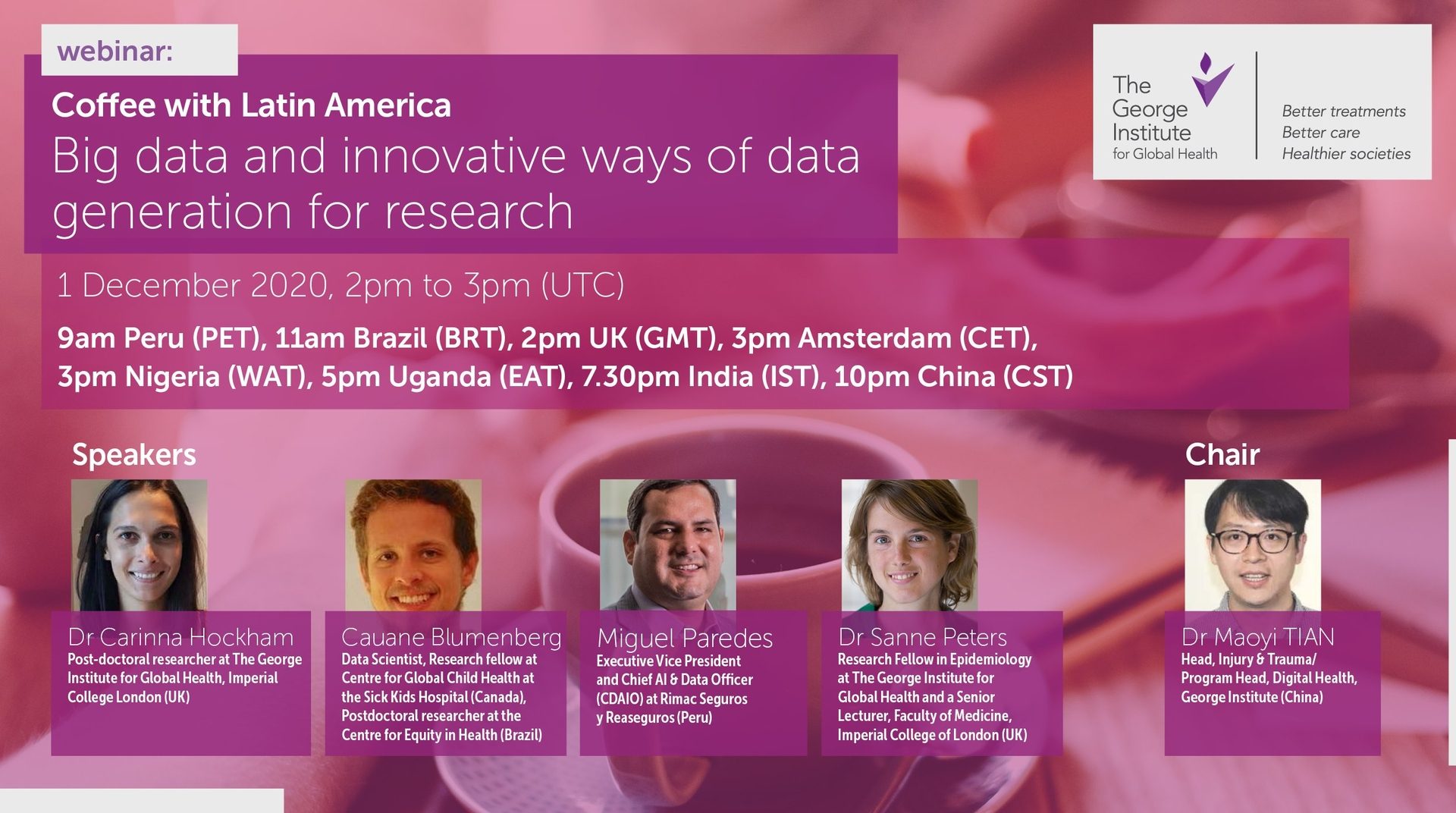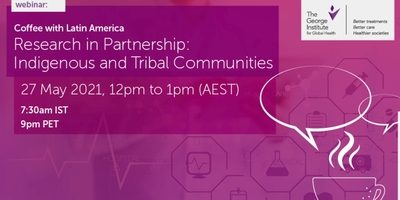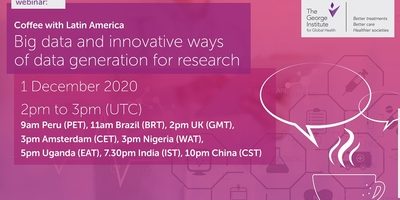
Uncovering the human face of drowning, the biggest killer of children in the Sundarbans, West Bengal
Like many other families in the Sundarbans, a remote, coastal region in West Bengal, Salima Gharami’s family lives close to a large pond in her village. A few years ago, she lost her 2-year-old daughter, Ruhina, to drowning.
Salima recalls what happened to her daughter that day vividly:
Miguel Paredes
Executive Vice President andChief AI & Data Officer (CDAIO) at Rimac Seguros y Reaseguros
Affiliation
Executive Vice President and Chief AI & Data Officer (CDAIO) at Rimac Seguros y Reaseguros
Cauane Blumenberg
Data Scientist at Centre for Global Child Health at the Sick Kids Hospital (Canada)
Affiliation
Centre for Global Child Health at the Sick Kids Hospital (Canada)











